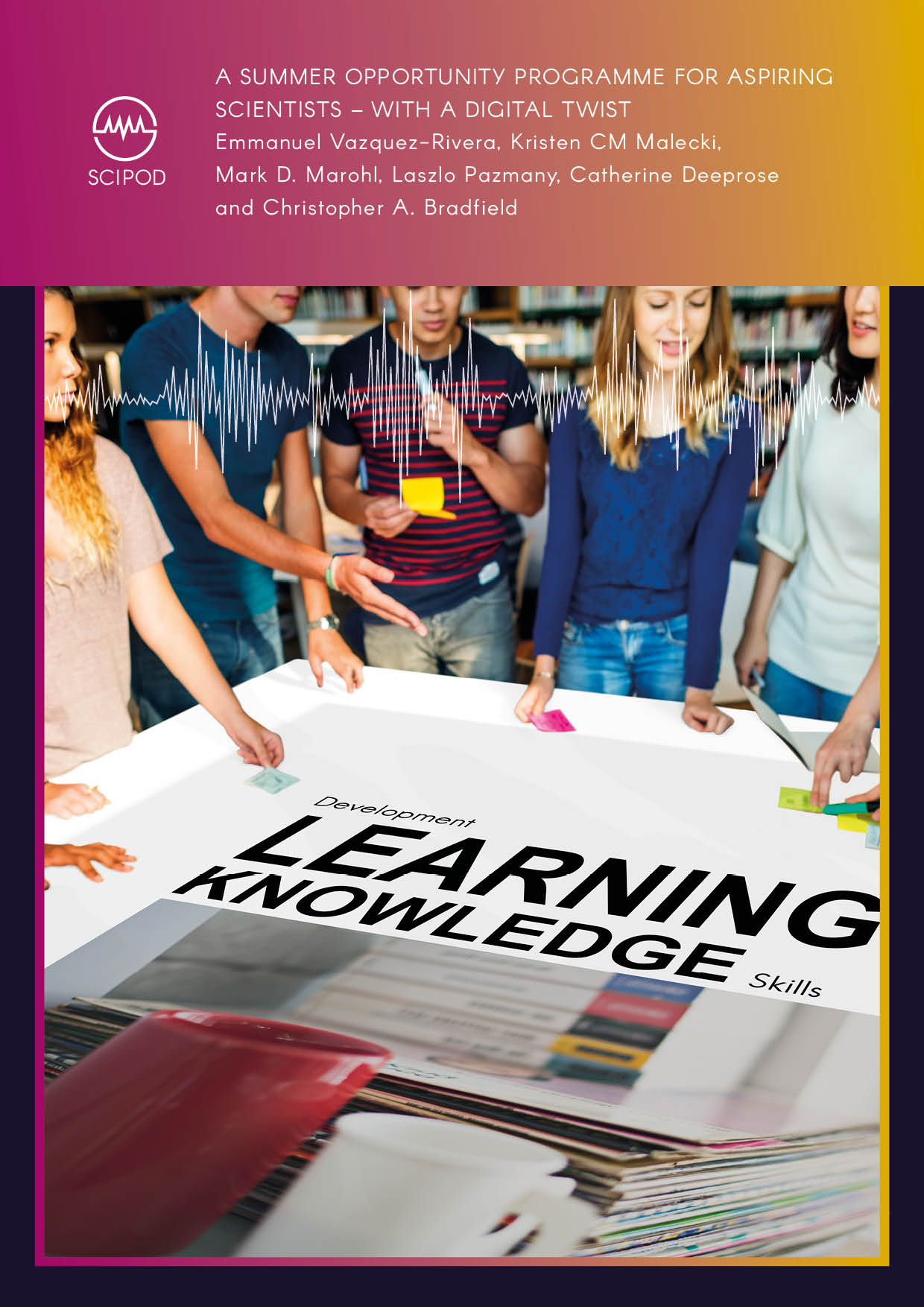Improving Mentoring Relationships in Science: Mentors Need Mentors – Dr Christine Pfund
Original Article Reference
https://doi.org/10.33548/SCIENTIA458
Share Episode
About this episode
This work is licensed under a Creative Commons Attribution 4.0 International License.  What does this mean? Share: You can copy and redistribute the material in any medium or format Adapt: You can change, and build upon the material for any purpose, even commercially. Credit: You must give appropriate credit, provide a link to the license, and indicate if changes were made.
What does this mean? Share: You can copy and redistribute the material in any medium or format Adapt: You can change, and build upon the material for any purpose, even commercially. Credit: You must give appropriate credit, provide a link to the license, and indicate if changes were made.
Related episodes
Dr Elif Miskioğlu | Assessing the Value of Intuition for Solving Complex Engineering Problems
Experienced engineers are typically equipped with advanced technical knowledge and a unique professional skillset. These skillskets are often paried with impressive intuition, which allows engineers to devise solutions to complex real-world problems. Engineering faculty at Bucknell University, Embry-Riddle Aeronautical University, and The Ohio State University recently engaged in important research to further our understanding of intuition in engineering practice.
Dr David Mather | A Promising Approach to Prevent Children from Developing Dyslexia
Studies suggest that children who rely more on vision from their left eye could be more likely to develop dyslexia if they learn to write using pathways in the right brain hemisphere. Dr David Mather, a researcher at the University of Victoria, recently published a paper reviewing these findings. He outlines a proposed approach to teaching writing skills that could prevent these children from developing dyslexia. This approach involves teaching children to write when they are 7 or 8 years old, when the human brain is better at mapping and memorising entire words.
A Summer Opportunity Programme for Aspiring Scientists – with a Digital Twist
The development of a talent pool in Science Technology Education and Medicine that is as diverse as our population, has been a difficult goal for decades. Increasing the diversity of scientists from underrepresented communities can drive both innovation and creativity within the sciences. The Molecular & Environmental Toxicology Centre at the University of Wisconsin-Madison, USA, has run a summer research opportunity programme since 2011, providing scientific experiences and promoting scientific careers in the environmental health sciences for aspiring young people from backgrounds historically underrepresented in this field.
Dr Kristiina A. Vogt | Dr Samantha De Abreu | Dr Maria Blancas – Indigenous Holistic Storytelling to Teach Environmental Science
Western approaches to environmental science typically focus on existing and future issues, such as climate change, and technological solutions to these issues. While these frameworks have their value, they often set aside holistic perspectives on land management, coexistence with nature, and ecosystem preservation. Dr Kristiina A. Vogt, Dr Samantha De Abreu and Dr Maria Blancas at the University of Washington are exploring the potential of holistic storytelling practices common among Indigenous communities to teach environmental science in more effective ways.
Increase the impact of your research
• Good science communication encourages everyday people to be scientifically literate so that they can analyse the integrity and legitimacy of information.
• Good science communication encourages people into STEM-related fields of study and employment.
• Good public science communication fosters a community around research that includes both members of the public, policymakers and scientists.
• In a recent survey, 75% of people suggested they would prefer to listen to an interesting story than read it.

Step 1 Upload your science paper
Step 2 SciPod script written
Step 3 Voice audio recorded
Step 4 SciPod published




